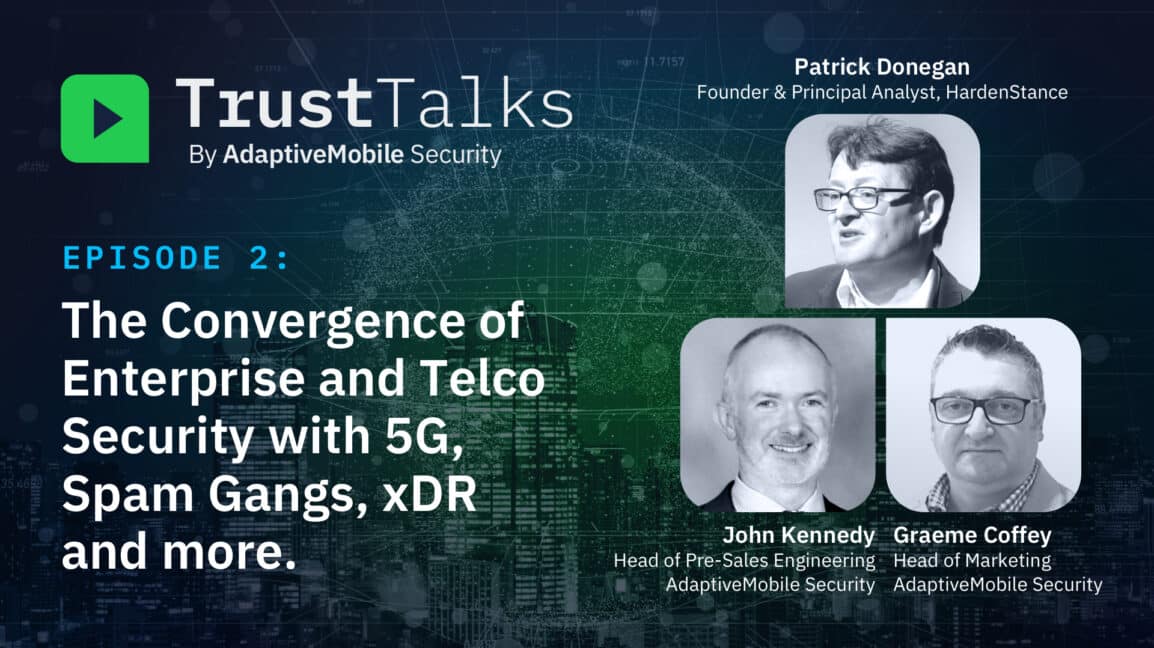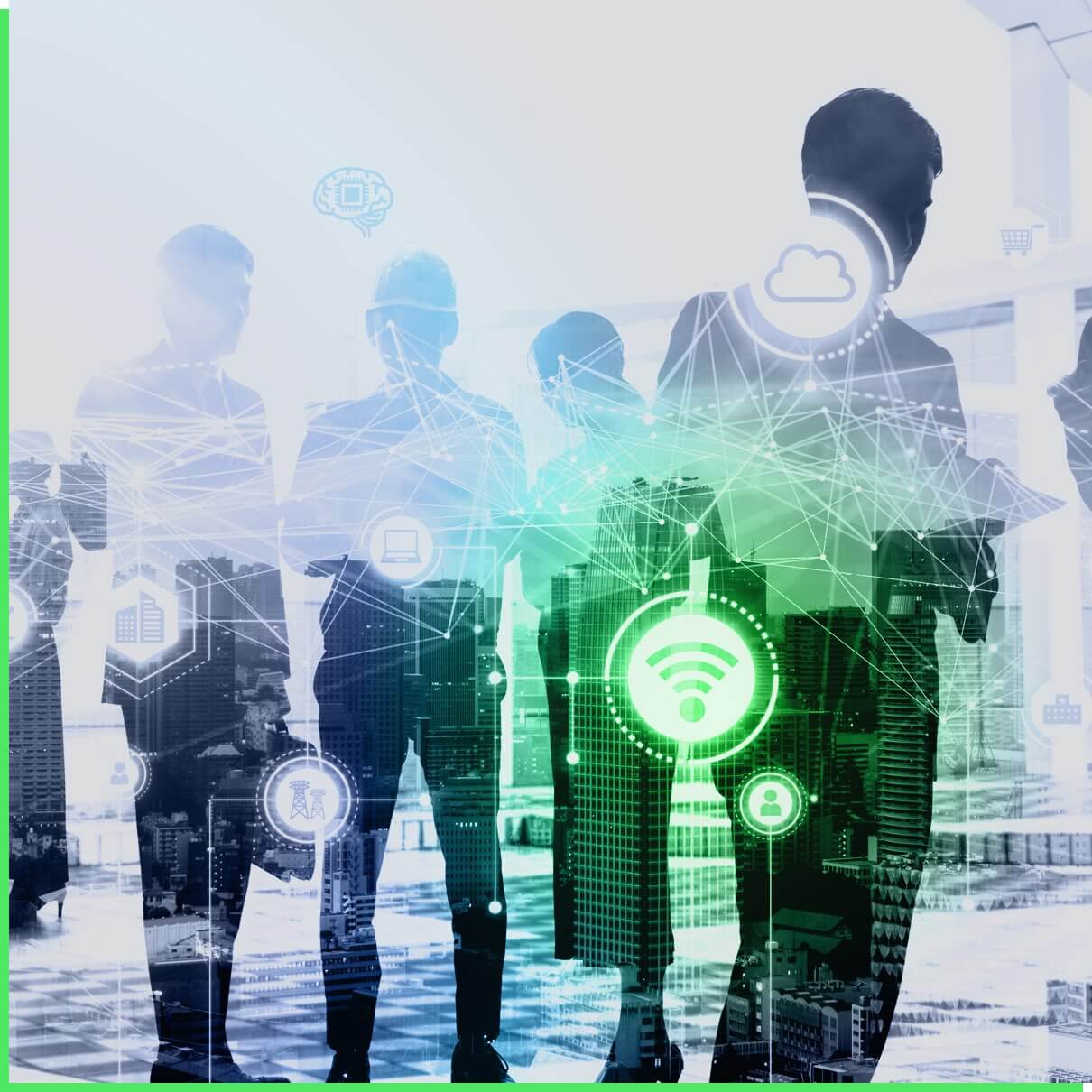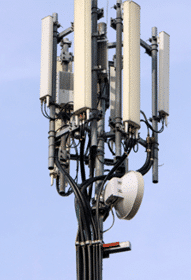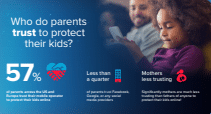TRUST TALKS: VIDEO SERIES ON CYBER & TELECOMS SECURITY!
The Convergence of Enterprise and Telco Security with 5G
TOPIC OF THE DAY
The convergence of enterprise and telco security with 5G
What can the telecoms sector learn from cyber security best practices such as the ones conducted by leading banks, transport, logistics and other businesses? How should the requirements of enterprise customers buying network slices impact telco security best practice? This discussion will explore how telecom security needs to evolve beyond just implementing new 3GPP 5G specs.
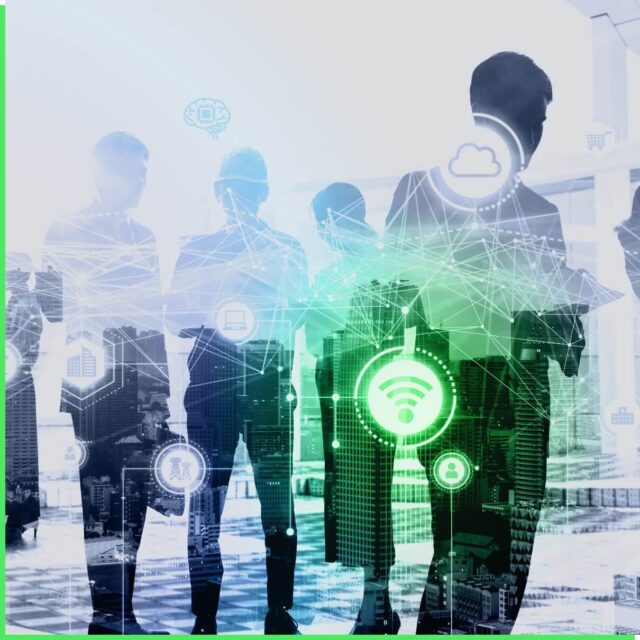
TOPIC OF THE DAY
Spam gangs attacking UK networks, the MEF and more
In the third segment of the series… Spammers arrested in the UK; Metro Ethernet Forum (MEF) is becoming a leading cyber security Standards Development Organization (SDO); Singtel considers selling Trustwave and more.
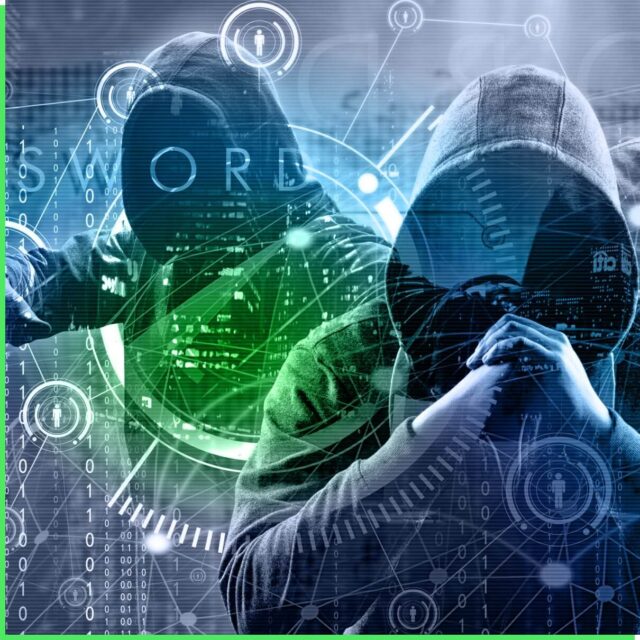
FAQ
5G enables many new use cases, for which technologies like service-based architecture, virtualization and slicing are needed. The merging of these technologies into the existing telecommunications infrastructure brings new challenges, as existing infrastructure must be integrated and interoperability with partners has to be provided. These new technologies also bring their own security risks and vulnerabilities within them. 5G security needs to combine the best of IT security with the specifics of telecommunication protocols to provide a secure and reliable service.
5G is a new technology and very complex. Therefore, many new security risks will be introduced. In addition, the main feature of 5G is to bring in new applications and partners and provide them with dedicated 5G network slices for their use cases. Bringing in new partners requires enhanced security features like partner-specific access control for the core network, monitoring & logging for signaling and data plane, Service Level Agreement enforcement.
As 5G core networks are only now being deployed, it is difficult to estimate the main risks exactly, but due to the information richness of the 5G network, data leakage and theft should be considered a significant risk. Other potential risks include fraud, malware/ransomware, denial of service (DoS), location tracking, and others.
